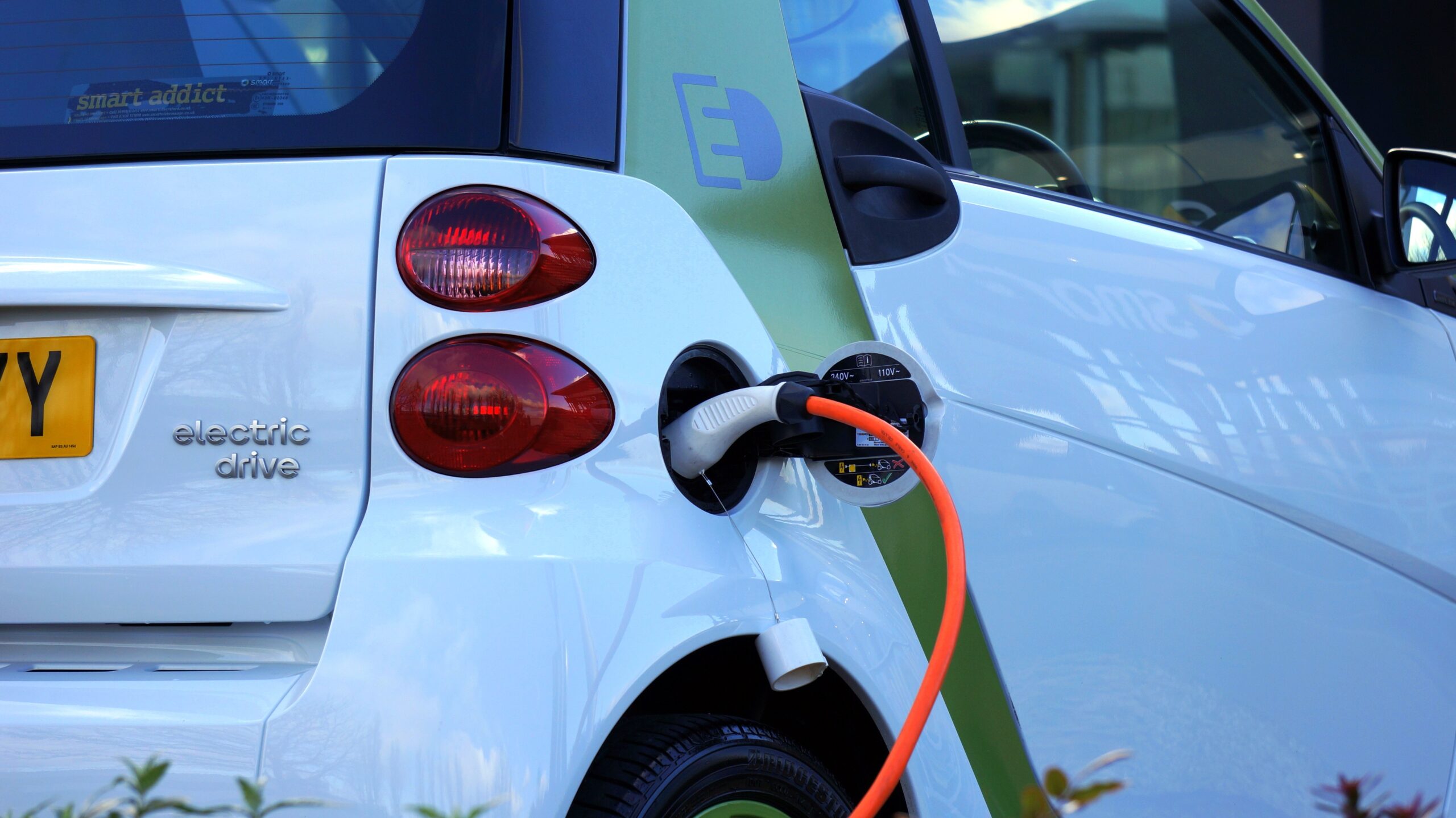New Clean Energy Program Invests $500M in ZEV Infrastructure
Climate change has become the focal point of Canadian government attention as records continue to be broken around the world in terms of carbon emissions and heat records. These challenges have received a lot of attention from communities across Canada and have therefore generated much interest in cleaner solutions. One major challenge in Canada is transit, as Canada has the second largest land mass in the world and therefore a high volume of vehicles as Canadians have farther to travel in their daily lives.
“At the same time, the production of all forms of energy has some impact on the environment, for example, through the production of wastes. The capacity of the environment to supply us with energy resources and absorb these wastes is finite.”
Canadian Centre for Energy Information
As traditional vehicles generate high amounts of carbon emissions, many consumers have begun turning to zero-emissions vehicles (ZEVs) as their mode of transportation. Inherent in the name, ZEVs leverage a variety of alternative energy sources to operate which do not produce carbon emissions. However, these vehicles do not yet have the infrastructure needed to prove as convenient as gas-powered vehicles. To address the shortage of necessary infrastructure needed to make ZEVs a reliable solution, the Canada Infrastructure Bank (CIB) is implementing a $500 million program called Charging and Hydrogen Refueling Infrastructure Initiative (CHRI). The program invests in Canadian private sector companies to accelerate mass ZEV chargers and hydrogen refueling stations.
“Electric vehicles are not only critical in the fight against climate change—they’re also the single best solution to soaring gas prices. EVs are ultimately cheaper to own that gas cars over their lifetime, and the $500 million announced today to support the expansion of Canada’s charging network will help make driving one even more convenient for more Canadians.”
Mark Zacharias Executive Director, Clean Energy Canada
These investments seek to stimulate private investments in ZEV charging infrastructure, whilst improving the Canadian economy and creating new jobs.
“Canadians want to transition to zero-emission vehicles. The launch of our Charging and Hydrogen Refuelling Infrastructure Initiative means we’re ready to move ahead and expand the availability of charging infrastructure in communities across Canada, at scale and speed, in partnership with private sector partners. And by collaborating with NRCan, we have a like-minded partner focused on reducing GHGs in transportation sector.”
Ehren Cory, CEO Canada Infrastructure Bank
There is a recognized barrier to ZEV adoption across Canada due to the lack of public charging and refueling infrastructure. Canada has only 22,000 public chargers and six hydrogen refueling stations, a significant underestimation of the number needed for ZEV adoption based on a 2022 report.
With Canada’s 2030 Emission Reduction Plan and the federal budget announced in April 2022, the CIB expanded its mandate to invest $500 million in the Charging and Hydrogen Refueling Infrastructure Initiative. An additional $400 million has also been allocated to Natural Resources Canada’s Zero-Emission Vehicle Infrastructure Program (ZEVIP).
Proposals that satisfy the criteria will be considered by the CIB under both programs through a single federal window.
Funding Amount
Via the Charging and Hydrogen Refueling Infrastructure Initiative, it will be easier for borrowers to access CIB financing for infrastructure that is operational earlier, e.g., chargers installed in the first two years qualify for 80% CIB financing, 65% in the third year, and 50% in the fourth year.
Eligibility Criteria
Applicants may be eligible for the CHRI program if they meet the following eligibility criteria:
- Large-scale implementations (multiple locations, total capital costs more than $10 million);
- Delivered by private-sector proponents; and
- Revenue generating.
Eligible Projects
A key objective of the CHRI is to fund projects aligned with the following CIB goals:
- By aligning financing repayments with usage levels, the CIB will share utilization risk;
- Incentives will be provided to encourage the implementation of charging and refueling infrastructure earlier and more widely; and
- The CIB will benefit from an increase in interest rates in the event that utilization exceeds expectations in consideration of sharing utilization risk.
Program Timelines
This program does not currently have a deadline. Applications open until funding fully committed.
Find More Funding Opportunities for Clean Energy Projects
Is your business interested in clean energy projects? Find Canadian government funding programs for cleantech businesses with the program directory list from Mentor Works. You can also get in touch with one of our experts today to see if you might qualify for funding.
If you are looking for general funding opportunities, check out our business funding directory to filter through the top programs available in Canada today.
Our goal at Mentor Works is to provide Canadian businesses with news, resources, and opportunities about government funding in order to promote innovation, productivity improvements, and strong economic growth nationwide.

